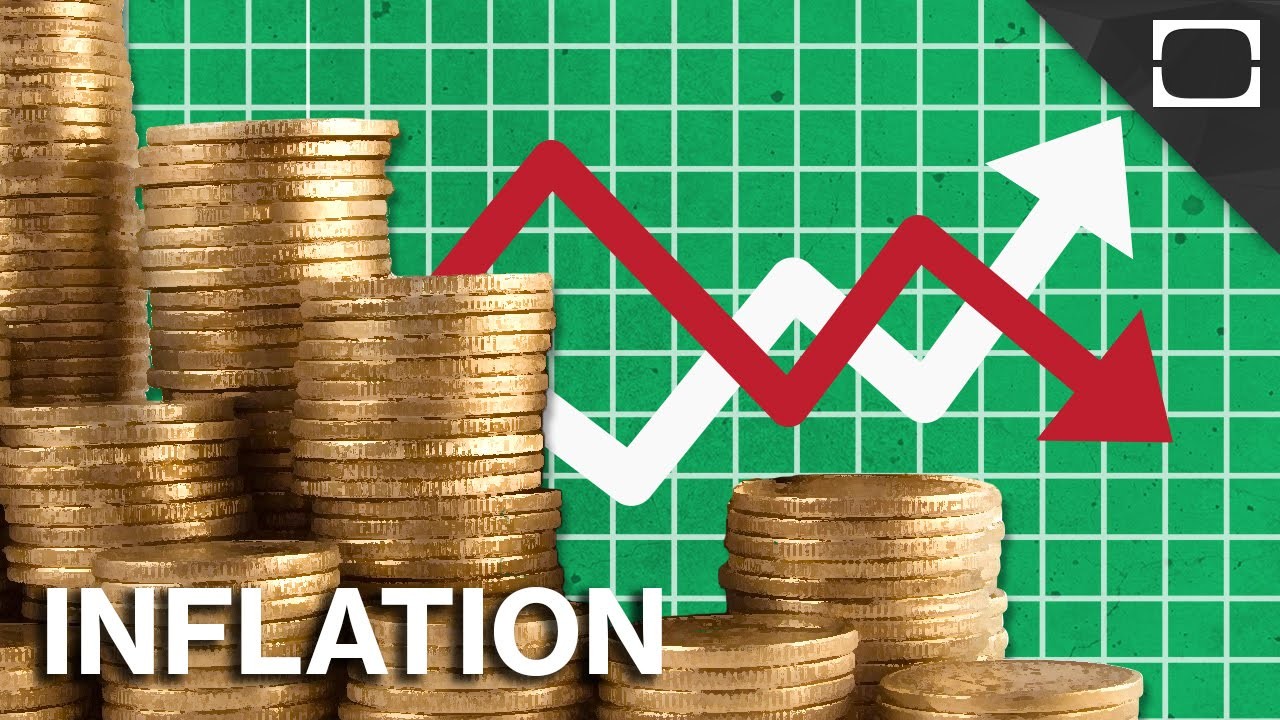Money is just another commodity, no different from petroleum, pork bellies, or pig iron. So money, like all commodities, can rise and fall in price, depending on supply and demand. But because money is, by definition, the one commodity that is universally accepted in exchange for every other commodity, we have a special term for a fall in the price of money: we call it inflation. As the price of money falls, the price of every other commodity must go up.
And what causes the price of money to fall? The answer is very simple: an increase in the supply of money relative to other goods and services. As the Nobel Prize-winning economist Milton Friedman explained, “Inflation is always and everywhere a monetary phenomenon in the sense that it is and can be produced only by a more rapid increase in the quantity of money than in output.”
#HillsdaleCollege #Imprimis #UnitedStates #Inflation #Finance

